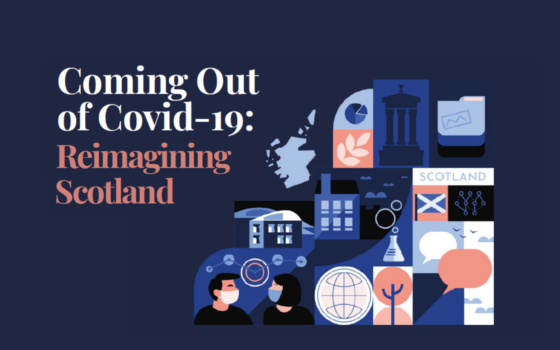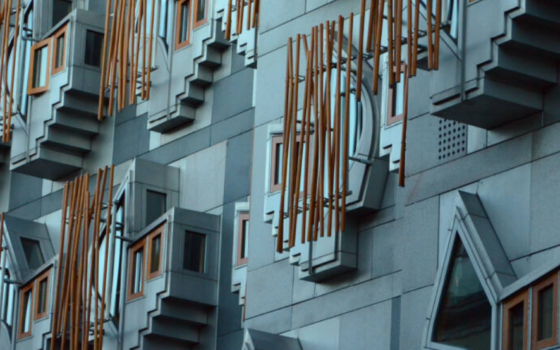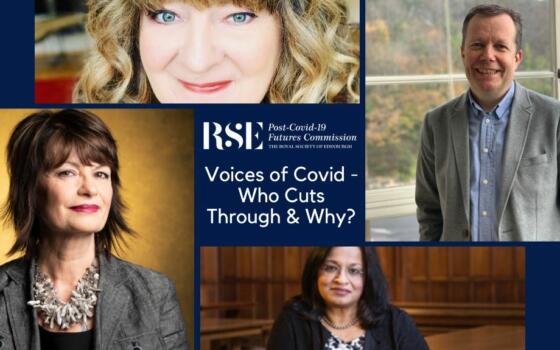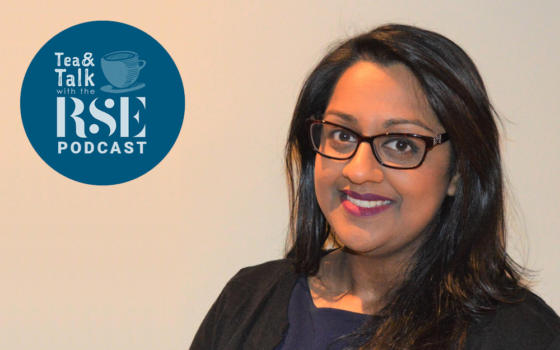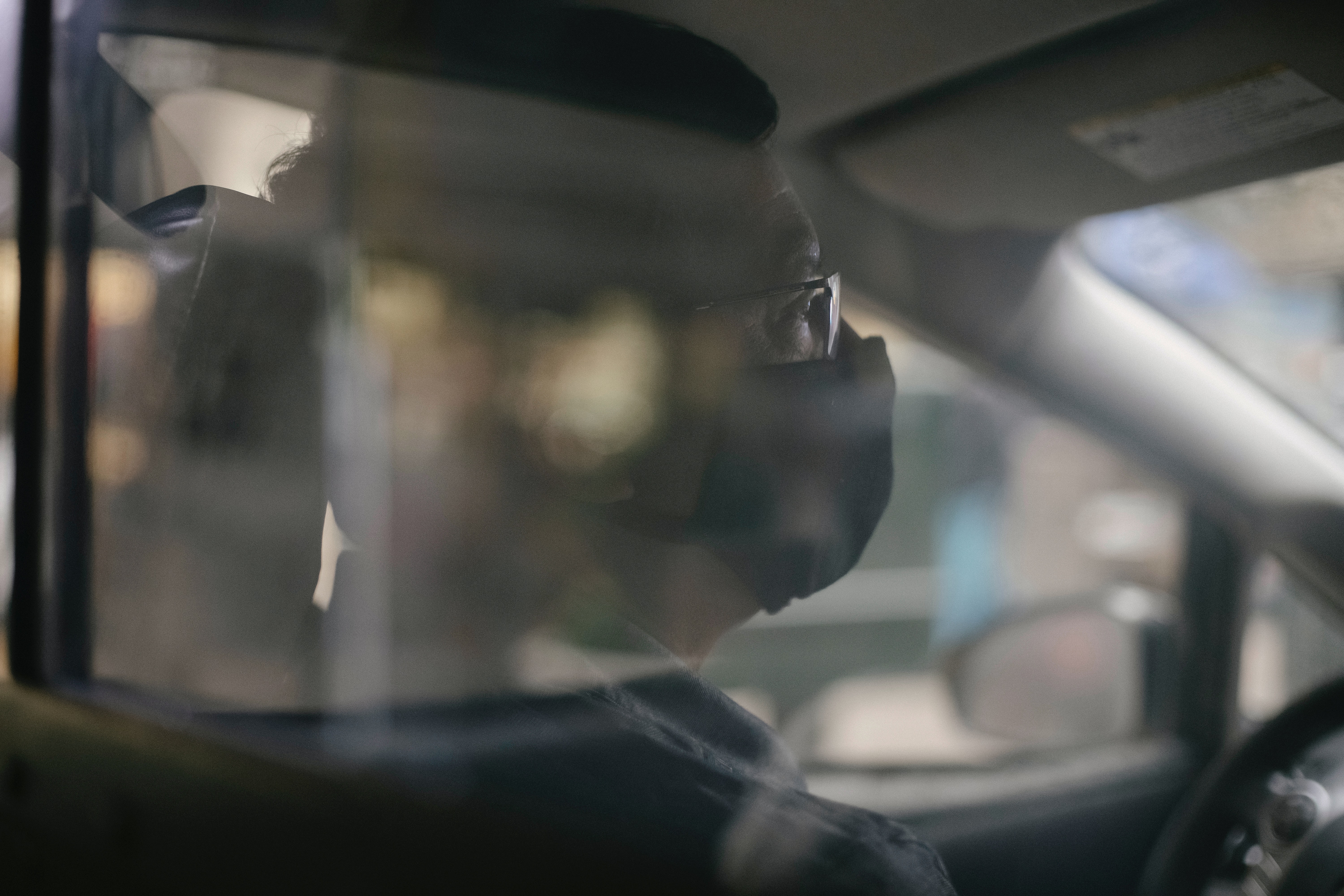Do we really get a say in government decision making?
At national and local levels, we elect representatives who make fundamental decisions about our life; from our health to our environment. But the representative democracy we have only works well when the public is an equal partner in how decisions are made, not simply at the ballot box every five years, but across every policy area and on a regular basis. Without this, we will only deliver for the privileged few and will inevitably make decisions which are not fit for purpose. Examples of both of these mistakes can be easily found in Scotland and across the UK.
Over recent years we have heard plenty from our government on the value of public participation, indeed it appears in multiple party manifestos.
We have had investment in participation models such as citizens assemblies, and while these are welcome, public input remains on the periphery. It is still considered a nice thing to do, rather than a necessary thing to do. Participation, and crucially, public accountability must be embedded into every area of governing. This is the basis of the Royal Society of Edinburgh’s Post-Covid-19 Futures Commission recommendation; calling for a national participation strategy for Scotland and a programme of participation support within communities.
A far-reaching and well-resourced participation strategy, which in particular brings power closer to the most marginalised communities in Scotland, can deliver more trust in government and better accountability of government – both of which are desperately needed. It can also put us in a stronger position in times of crisis.
Throughout the pandemic, unprecedented decisions have been taken to protect our health; how we meet, who we meet and when we meet. This will not be the only crisis in our lifetimes; whether it is the climate, the economy or another public health crisis. However, having competent public participation infrastructure in place and, crucially, capacity and support within communities to take part, can help us get through a crisis with the voices of those most impacted influencing and shaping decisions.
We had information coming from the top down, but it is crucial that it also comes from the bottom up, to make sure decisions are made with each part of society considered.
From grassroots groups to academics, there are many in Scotland involved in delivering effective public participation and co-production – but to do this work justice, we need a coherent strategy with accountability at the core. We need to make sure that decisions are made with people and not for them, as this will lead to trust in these decisions meaning it is more likely they will be adhered to.
Talat Yaqoob FRSE is Commissioner and Co-Chair for the Public Debate and Participation working group.
The Post-Covid-19 Futures Commission recently published its report Coming Out of Covid-19: Reimagining Scotland, which you can read in full here. To learn more about the Public Debate and Participation work stream, read the Working Group summary reports here.


